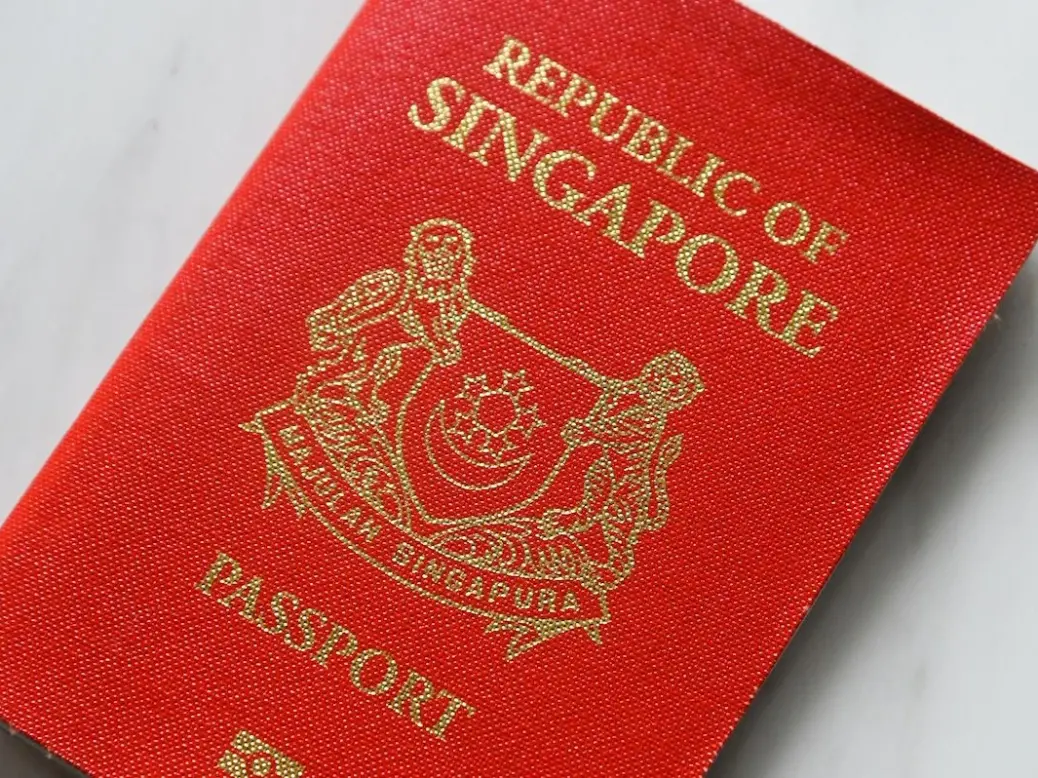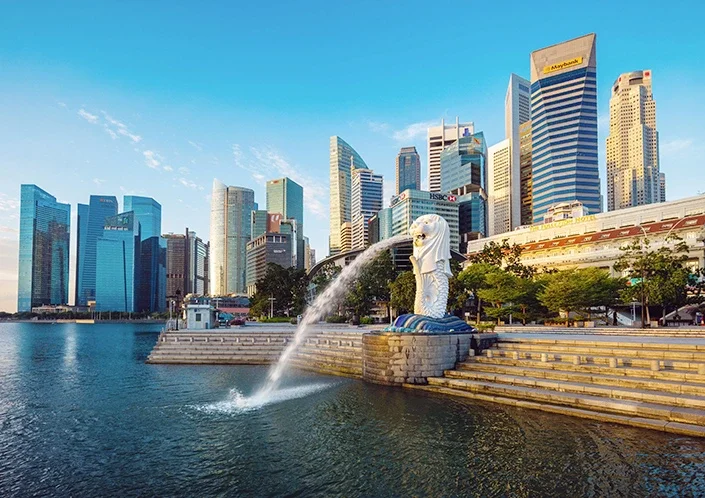
Singapore is the most powerful passport in the world, knocking Japan off the top spot for the first time in five years, as the UK halts its six-year slide, according to the latest Henley Passport Index.
Singapore passport-holders are able to visit 192 travel destinations out of 227 around the world visa-free, the report, compiled from data from the International Air Transport Association (IATA), found.
The UK passport jumped two places to fourth place — a position it last held in 2017 before tumbling down the index — alongside Ireland, The Netherlands and Denmark.
Germany, Italy, and Spain all move up into second place with visa-free access to 190 destinations, while the power of the Japanese passport slips to third, joining Austria, Finland, France, Luxembourg, South Korea, and Sweden. All eight countries have access to 189 destinations without needing to apply for a visa in advance.
America’s passport is becoming less powerful
The power of a US passport continued its decade-long slide down the index, falling a further two places to eighth spot with access to 184 destinations visa-free.
Nine years ago, both the UK and the US jointly held first place on the index.
Commenting in the Henley Global Mobility Report 2023 Q3, released alongside the latest index, Greg Lindsay, global strategist and urban tech fellow at Cornell Tech’s Jacobs Institute, said that by standing still, the US has fallen behind.
Former diplomat with the US Department of State and a senior non-resident associate at the Center for Strategic and International Studies, Annie Pforzheimer, said this static position was unlikely to shift ‘due to the lack of a demand from inside the US for a change in policy, the extreme political risk for any group or politician who unwittingly facilitates travel by a terrorist, and the fact that tourism has surged post-pandemic anyway, even with a restrictive visa waiver programme.’
‘Unfortunately, that status quo, over time, may well contribute to a decline in US soft power if businesses struggle to invite partners to trade shows and meetings, tourists encounter needless application delays and look elsewhere, and open xenophobia erodes the public reputation of the US as a world leader,’ she said.
[See also: UK wealth exodus: Brexit and non-dom debate ‘driving away the rich’]
Great travel freedoms
The index shows an overall trend for great travel freedom over its 18-year period, with the average number of destinations people are able to access visa-free nearly doubling from 58 in 2006 to 109 in 2023.
At the other end of the spectrum, Afghanistan remains at the bottom of the Henley Passport Index, with a visa-free access score of just 27 countries, followed by Iraq (score of 29), and Syria (score of 30) — the three weakest passports in the world.
Chair of Henley & Partners Dr Christian H Kaelin, said only eight countries have less visa-free access today than they did a decade ago with others securing greater travel freedom for their citizens.

‘The UAE has added an impressive 107 destinations to its visa-free score since 2013, resulting in a massive leap of 44 places in the ranking over the past 10 years from 56th to 12th position,’ Dr Kaelin said.
‘This is almost double the next biggest climber, Colombia, which has enjoyed a jump of 28 places in the ranking to sit in 37th spot.
[See also: Money on the move: why the world’s wealthy are deserting the USA]
‘Ukraine and China are also among the top 10 countries with the most improved rankings over the past decade. Far more than just a travel document that defines our freedom of movement, a strong passport also provides significant financial freedoms in terms of international investment and business opportunities.
‘Global connectivity and access have become indispensable features of wealth creation and preservation, and its value will only grow as geopolitical volatility and regional instability increase.’






